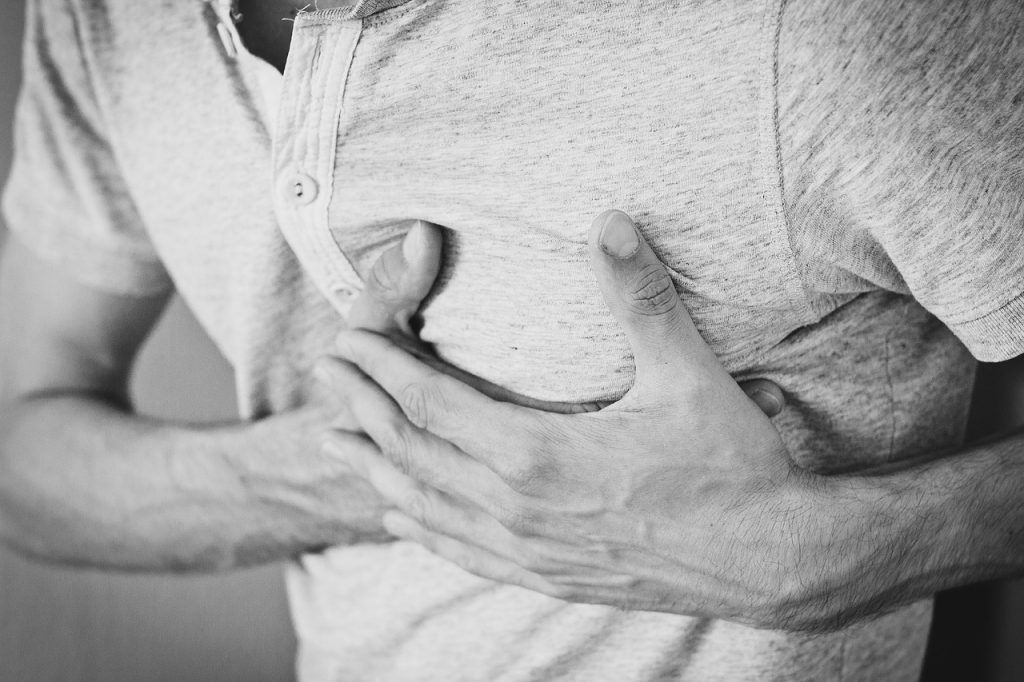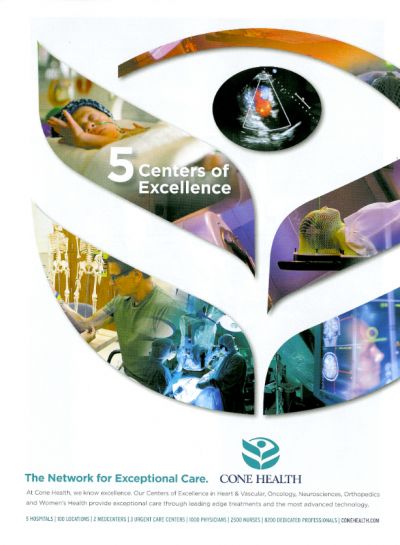Home » Disorders
Category Archives: Disorders
Why You Should Visit a Cardiologist
With heart diseases responsible for a significant number of deaths, you must prioritize your heart health. Whether you are just concerned about heat disease stats or have a family history, you might be thinking about seeing a cardiologist soon. Ideally, cardiologists are different from family doctors, as they only specialize in matters to do with the heart. Besides specialized training, these professionals also have access to special equipment needed to diagnose and treat various heart diseases.
Heart Disease Symptoms
If you have been experiencing chest pains, fatigue, dizziness, indigestion, shortness of breath, and difficulty swallowing food, you will likely experience a cardiac event. A visit to the cardiologist will allow the specialist to determine whether you have any underlying issues in your heart. Based on the finding, the specialist will then provide you with a treatment plan.
Family History of Heart Ailments
If your family has a history of heart disease, this means that you might also be at risk of experiencing them too. In light of this fact, individuals from families with a history of various heart ailments are advised to take their heart health seriously due to the risk involved. If you are yet to experience any signs, at least at the moment, the cardiologist will dig into your family history, evaluate the risk involved, and furnish you with a specialized care plan.
Related Health Conditions
Did you know that some conditions are actually related? For instance, individuals troubled with gum diseases are often at a higher risk of heart attack than those with healthy gums. Also, there is a strong relationship between diabetes and heart disease. In light of this, it is always important to consult with your doctor to know whether your condition warrants an evaluation by a cardiologist.
Obesity
Rampant cases of heart disease are actually blamed on obesity and poor lifestyle choices. It has been established that obese persons are actually susceptible to heart disease and other ailments, such as high blood pressure. In light of these, obese persons are encouraged to visit a cardiologist as they also work on other aspects of their health.
Signs and symptoms of attention deficit hyperactive
Has someone commented that your child is exhibiting signs of Attention Deficit Hyperactivity Disorder? This complex mental health disorder is likely to affect your child in both their progress at school and how they relate to people. In some cases, you may fail to notice that your child is suffering from this disorder at an early stage since the symptoms of ADHD vary and are sometimes are difficult to identify.
Thus to make a diagnosis and concluded that your child has ADHD requires evaluating the child’s behavior under certain organized criteria. This is very important to finding proper adhd treatment.Otherwise, some symptoms are likely to be overlooked as normal for any child. It usually comes out more evidently at teenage, however; a diagnosis can be made at the age of 7 years and above.
Common symptoms likely to be prominent in a child with this disorder
Self-centered behavior
One of the major signs that should alarm you is the persistent behavior to fail to recognize and respect other people’s needs and desires. In such cases, the child will often interrupt other while they talk or will tend to insist on being the only one who is talking while the rest listen. At school, they may be having trouble being patient to wait for their turn to participate in class or outdoor activities
Emotional imbalance
If your child is having trouble controlling their emotion then its time, you gave them a closer look. They may be involved in outbursts of anger unnecessarily, crying most of the time or very high tempers
Leaving activities unfinished
A child may be showing a lot of interest in many different things. They will start the activities psyched up only to leave them uncompleted or halfway with no interest in coming back to complete them. Eventually, they will be moving from one thing to the next that catches their attention.
Poor focus and increased tendency to make mistakes
The child has poor attentio n even when someone is speaking to them and at times will pay no attention at all. When you ask them what you have told them, they cannot even utter a word of whatever you were saying. They will also have a tendency not to follow instructions ending up making mistakes that could have been avoided.
n even when someone is speaking to them and at times will pay no attention at all. When you ask them what you have told them, they cannot even utter a word of whatever you were saying. They will also have a tendency not to follow instructions ending up making mistakes that could have been avoided.
Immediately you see this persistent behavior then it is time to take action before it goes out of hand. The condition is treatable. The key thing is to make and early diagnosis after which you can set up an appointment with a child psychologist who will help them grow out of this behavior gradually.



